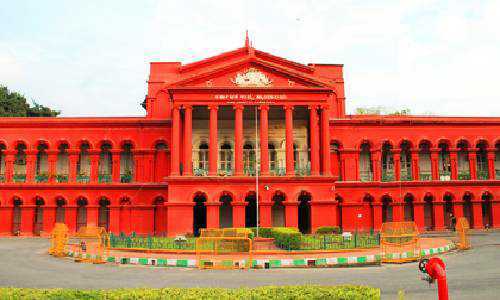
The Karnataka High Court granted the petition despite noting that Writ Courts typically do not grant indulgence in cases involving contracts and the failure to pay contractors' bills, particularly when disputed facts are involved. The court did this on the grounds that deserving litigants cannot be driven from the courthouse by citing certain theories of constitutional jurisprudence or administrative law.
In the instant case titled M Chiranjeevi v. state of Karnataka, the issue raised before the Karnataka High court was:
Is non-payment of final bills by the Karnataka Government and its Tourism Development Corporation arbitrary?
With regard to the issue, the Karnataka High court held that this is a fit case for levy of exemplary costs for the ill-treatment meted out to the scrupulous citizen who had done the work for the State entities. A message should loudly go to the quarters should be, that the courts would not tolerate indolence on the part of public bodies when the interest of the citizen is put in peril.
The court categorically stated that:
“It is not that every disputed question of fact should deter Writ Court from examining the matter. A dispute which otherwise can be fairly adjudged on the basis of pleadings of the parties accompanied by the 13 evidentiary material on record, cannot be relegated to adjudication elsewhere, more particularly when the respondents happen to be the governmental bodies answering the definition of ‘State’ under Article 12. . It is not that the so-called dispute squarely falls within the realm of private law, either; there is Karnataka Transparency in Public Procurements Act, 1999 and Rules promulgated thereunder. There are sufficient elements of public law. A contract to which State is a party does not create an island completely immune from judicial review under Article 226 & 227.”
Hence, the petition was accepted and a writ of mandamus was issued to the respondents wherein they were to pay the Principal amount along with interest of 12% per annum and delay would incur additional interest.


